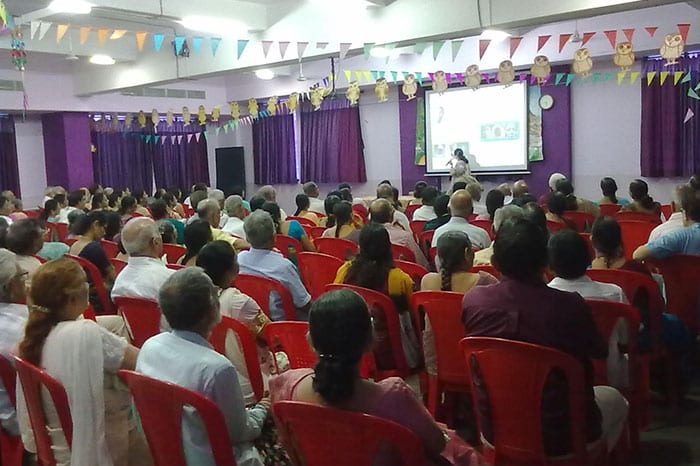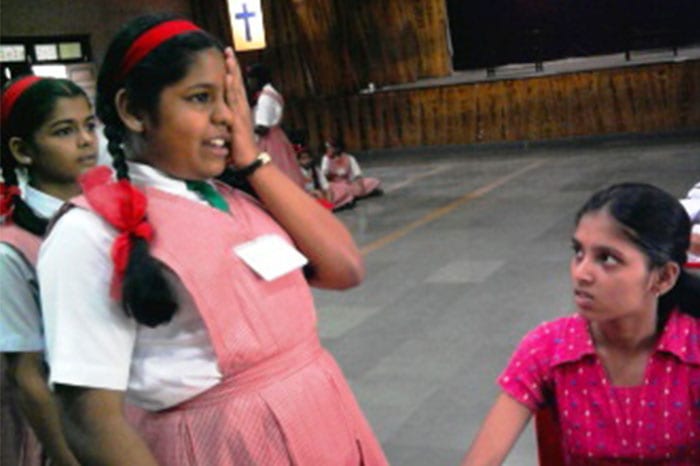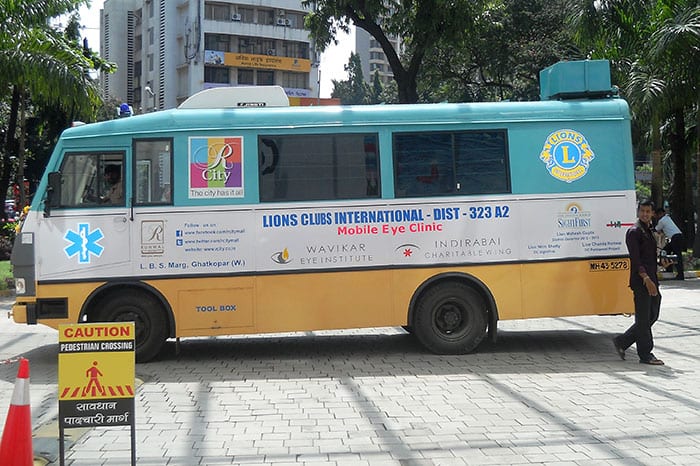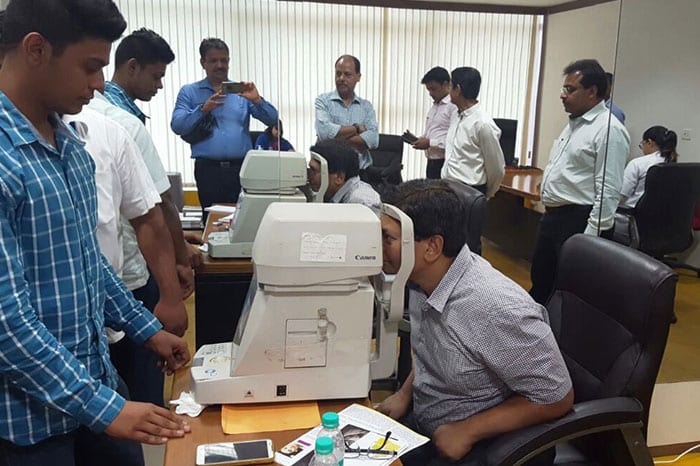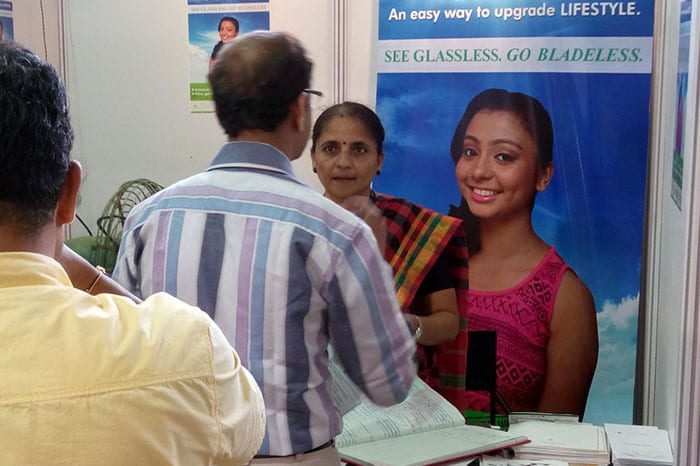- It is our constant endeavor to provide quality services to the economically weaker sections of the society and contribute towards strengthening eye care service delivery through our outreach activities.
- The camp patients from rural areas are treated with free of cost cataract surgery, with urban areas treated at very nominal charges of Rs.1, 000/- per eye for cataract surgery.
- With prescribed glasses, we provide customized spectacles at very minimal charges.
- SIWCT in association with NGO’s has committed to conducting 250 free cataract surgeries for the year to the patients coming from rural areas.
- The Mobile Eye Clinic runs camps in various rural and urban areas for Eye Screening and treatment, creating awareness for eye Donation, Eye Care, Paediatric eye Care, Diabetic retinopathy, oculoprosthesis, and many more.

